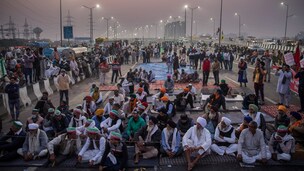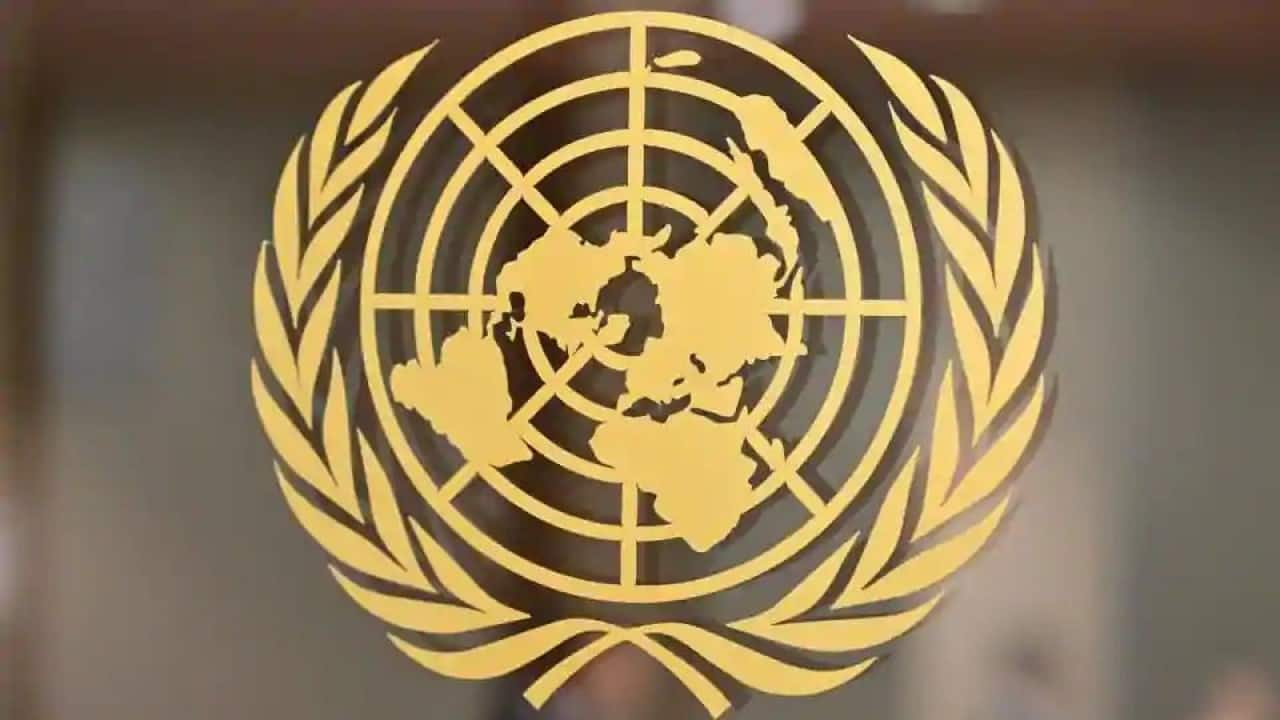A person walks past the Pfizer Headquarters building in the Manhattan borough of New York City. (Image: Reuters)
Pfizer Inc has decided to price its COVID-19 vaccine candidate, BNT162b2 COVID-19, on the basis of the GDP of the country. The Chief Executive Officer of the American pharmaceutical firm, Albert Bourla, has said the company will have tiered pricing for the middle-income countries, including India.
At a press conference organised by the International Federation of Pharmaceutical Manufacturers and Associations, Bourla said the firm will give the vaccine free in Africa, reported Business Today.
The COVID-19 vaccine developed by Pfizer and BioNTech was first approved by Britain on December 2. A week after the approval, the first shot was administered on December 8 to Margaret Keenan, a 90-year-old woman from Northern Ireland. An early riser, Keenan received the jab at her local hospital in Coventry, central England, a week before she turns 91.
Pfizer has applied for emergency use authorisation of its coronavirus vaccine in India. The firm is the first to do so in a country with the world's second-highest number of infections.
Follow our LIVE blog for the latest updates of the novel coronavirus pandemic
The US company approached Indian authorities on December 5, VK Paul, who is advising the government on COVID-19 matters reportedly said.
India's drugs regulator typically takes up to 90 days to decide on such applications but a decision on Pfizer's vaccine could come much faster than that, Paul said.
Also read | India could authorise COVID-19 vaccines in weeks, 300 million on priority list
The Pfizer shot needs to be stored at minus 70 degrees Celsius (-94 F) or below, temperatures that industry experts say many cold storage facilities in India will find it difficult to maintain.
India has reported more than 97.35 lakh COVID-19 cases, the world's second-highest after the United States, with more than 1.41 lakh deaths, according to the union health ministry's data released on December 9.
Follow our full coverage on COVID-19 here.











_2020091018165303jzv.jpg)



























